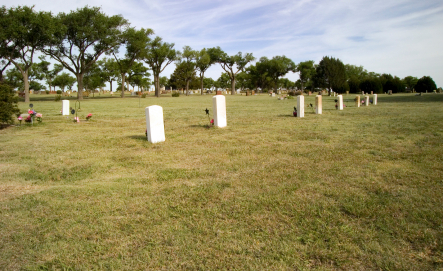 When I was younger, I wrote a poem about death. If I remember correctly it was shortly after I had written another poem on the subject and my parents, sensing a theme, started to get worried. After all, why was their 15-year old daughter focused on something that was ostensibly years away? I quickly reassured them that the subject of my poems were chosen by the nature of the assignment, and that alleviated their concerns. However, I learned then, there’s rarely a good time to write about death. It’s not something that people want to hear about, unless of course, they’re dying. In our youth-focused, age-repugnant culture, we want to avoid any mention of when our lives will end.
When I was younger, I wrote a poem about death. If I remember correctly it was shortly after I had written another poem on the subject and my parents, sensing a theme, started to get worried. After all, why was their 15-year old daughter focused on something that was ostensibly years away? I quickly reassured them that the subject of my poems were chosen by the nature of the assignment, and that alleviated their concerns. However, I learned then, there’s rarely a good time to write about death. It’s not something that people want to hear about, unless of course, they’re dying. In our youth-focused, age-repugnant culture, we want to avoid any mention of when our lives will end.
However, neither my parents’ concern or people’s lack of response has stopped me from writing about the end of this life, primarily because for me, as for fellow believers, it’s more than the end of life on Earth, it’s the start of life in Heaven. This looking-forwardness is appropriate because what this life has to offer is only temporary and transient. Even when things are going well, we know that things can just as quickly turn badly. For those who have repented of their sins and placed their trust in God, death isn’t a the final farewell, it’s a welcomed Homecoming.
I was reminded of this when, several months ago, I read a tweet by Louie Giglio who was remembering the life of a young man who had passed away the previous year. Louie wrote that, on that day, one year ago, John Evans had “triumphantly beat sickness and death to kneel at the feet of Jesus.” We rarely think of death in such terms, but for the believer, that’s exactly what it is. When we die, we don’t succumb to whatever ended our earthly life, we have overcome it, in order to enter the arms of Jesus. Death isn’t defeat but triumph. The disease, or the catastrophe, or old age hasn’t won; instead we have victory – bought for us on a cross at Calvary thousands of years ago, demonstrated by our Savior’s resurrection from the grave, and fully ours when we lay before Him all our crowns in order to worship at His feet. Death may feel like the end, but for the believer, it is the beginning of truly living.
And even if people don’t like to talk about it, that’s something worth sharing.
